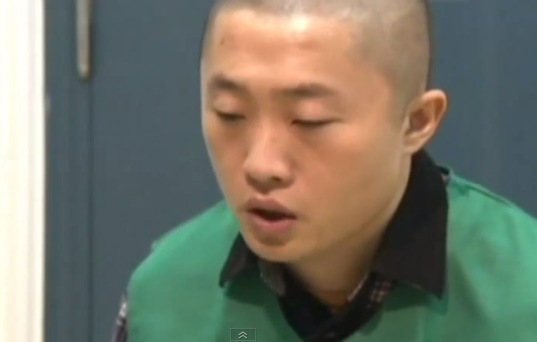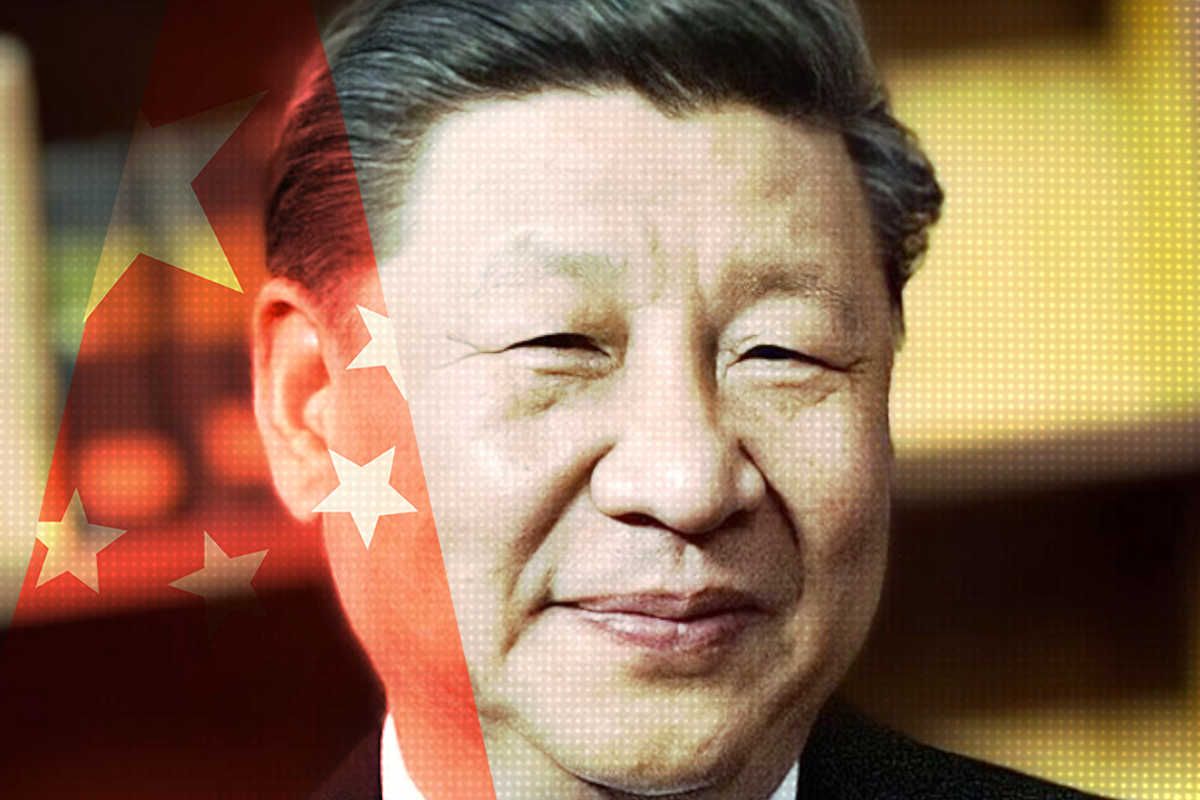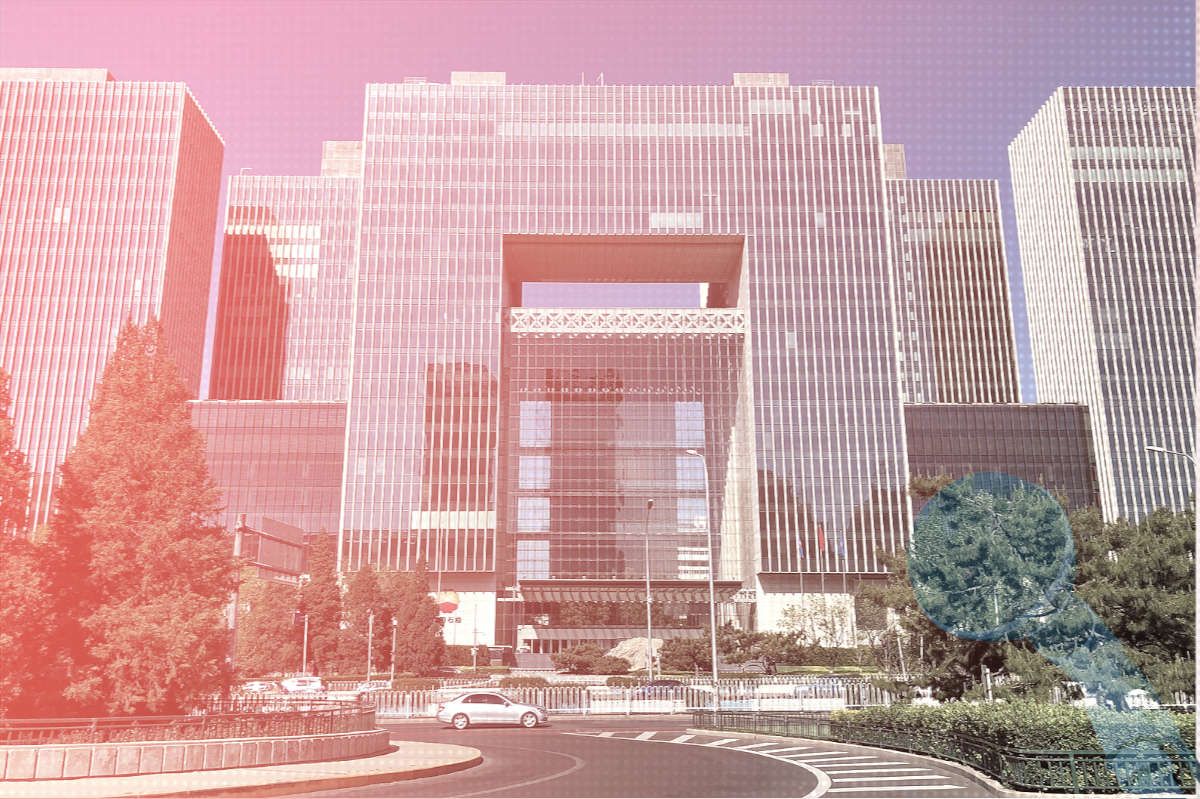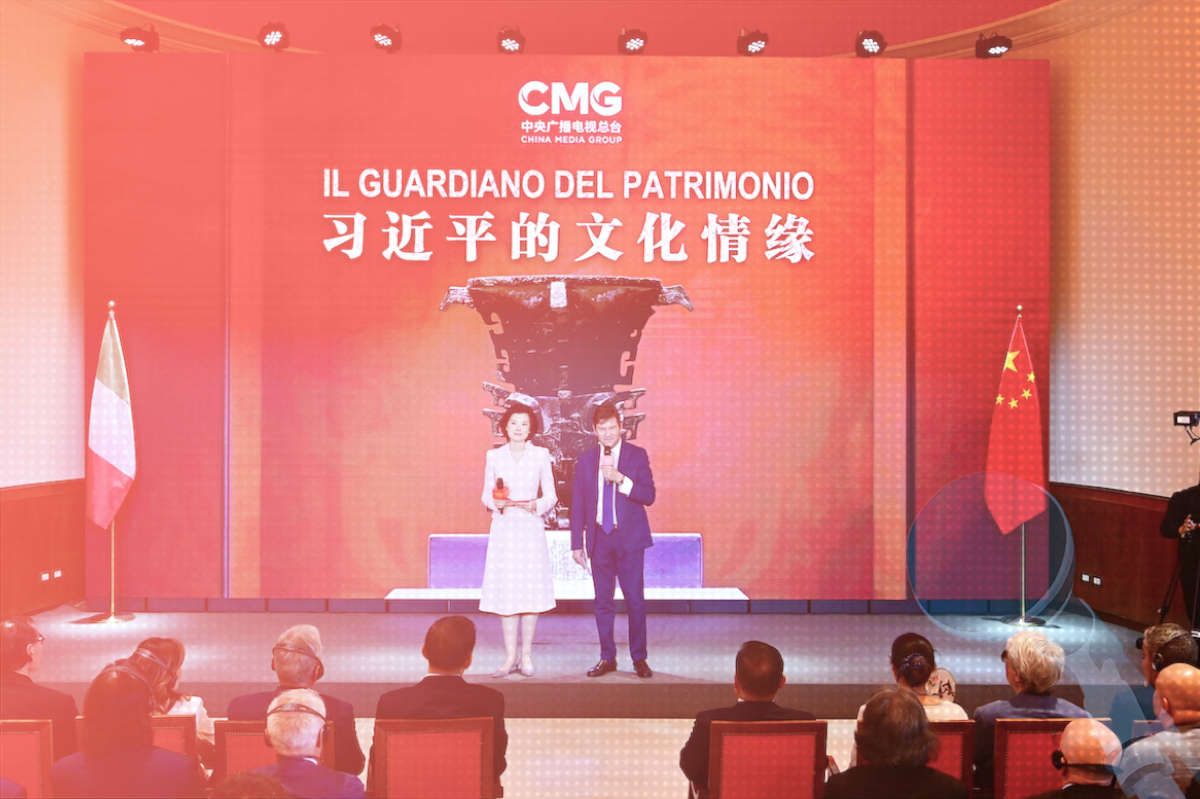As all eyes turn to the mysterious jeep that burst into flames this week near the Tiananmen Gate, the fate of New Express journalist Chen Yongzhou (陈永洲) is bound to fade into the background. But we must remember not to forget Chen’s story. It has, very possibly, all the makings of a cliff-hanging crime thriller — and we are barely into the first chapter.
As we all know, Chen’s saga began as a relatively simple story: a newspaper making a rare public call for the release of its reporter, who had been detained by police on slander charges for a series of investigative reports.
Just as it seemed the tide might turn against Chen Yongzhou’s accuser, Hong Kong and Shenzhen-listed Zoomlion, and against Changsha police, the state-run China Central Television ran an on-camera “confession” in which Chen said he had accepted money to run a series of false reports on Zoomlion. The day after the “confession” aired, Chen’s newspaper, the New Express, published a front-page apology, saying it had not adequately reviewed his reports.

The story line suddenly changed. This was no longer about a courageous and desperate campaign by a newspaper to protect its own. It was about a journalist who had maliciously attacked a company for personal gain, and who in the process had smeared the reputation of his newspaper and his profession.
The All-China Journalists Association (ACJA), an official organization ostensibly representing the interests of media personnel in China — and which initially pledged to look into Chen’s detention — immediately flip-flopped, condemning the reporter’s confessed actions.
There were no new facts in the case, mind you. For its part, the ACJA seemed to drop its promised investigation; it was enough that the reporter had confessed on TV:
The All-China Journalists Association (ACJA) Saturday condemned a Chinese reporter who has been detained on suspicion of releasing unverified and untrue stories about a company.
Chen Yongzhou, a journalist with the New Express based in the southern city of Guangzhou, confessed to police that he had released a series of unverified and false reports about the engineering giant Zoomlion at the request of others.
Chen’s behavior has seriously violated journalistic professional ethics and harmed the media’s credibility, said the ACJA in a statement, adding that the New Express should also be held responsible for dereliction of duty over the past year.
That is a marvelous opening paragraph from Xinhua News Agency. It tells us, in twenty-four words, everything we need to know about the Chen Yongzhou case. Notice, the reporter has been “detained on suspicion of releasing unverified and untrue stories about a company,” but the ACJA, nominally charged with protecting him, has already “condemned” him.
There we have it. Chen Yongzhou is guilty until proven so.
There are so many lingering problems and questions in this case. But one of the biggest ones, obviously, is whether Chen’s confession was coerced. It’s a fact that he was marched in for his televised confession between two police officers. He was in handcuffs and wearing a prison jumpsuit. Web users in China also noted what appeared to be (but no one can possibly confirm) an abrasion on his neck just inside his collar. Can anyone with half a brain for law and reason take this confession to mean anything at all?
Here is what Wei Yongzheng, China’s most prominent media law expert, said in an article today:
This program of China Central Television’s, allowing a detained suspect to face the television camera and confess before the whole country . . . directly violates Criminal Procedure Law, which states that “no person may be forced to confess their own crimes.” When someone has been deprived of their personal freedom, and when they are escorted out in prison garb and in handcuffs by a pair of brawny police officers — to say that they are consciously and willingly confessing their wrongs in their own words wouldn’t fool even a three year-old child.
Legally speaking, then, this confession means nothing in terms of Chen Yongzhou’s guilt or innocence. But it speaks volumes about the conduct of Changsha police and China Central Television.
Here again is Wei Yongzheng:
The China Central Television program exposes the illegal behavior of the police. The Prison Statute clearly stipulates: “Restraints may be used, with the approval of the prison warden, in cases where there is reason to believe an offender might use violence, resist, escape or attempt suicide. In emergency situations, such equipment may be used initially, and then report be made to the prison warden. [Such equipment] should be removed outside the above-mentioned conditions.” . . .
The new Criminal Procedure Law introduced last year made additional demands about not forcing confessions, and also made stipulations about protecting the secrecy of information during the process of investigation and trial. Our media must study these important regulations diligently, making fundamental changes to the method of reporting confessions by suspects before trial. This report from CCTV not only failed to make these adjustments, but was even more flagrant than usual in its violations. This is perplexing and disappointing.
The upshot here is that the broadcast “confession” by CCTV’s Morning News program should be understood not as evidence of Chen Yongzhou’s guilt, but as a bleak illustration of how his rights have been violated by both police and the media.
The deeper irony is that while the CCTV “confession” propelled the Chen Yongzhou story away from the narrative of the victimized journalist and established the idea of the journalist as a breaker of laws and ethics, the only demonstrably unethical and possibly unlawful media conduct in this case is that of CCTV.
Other media, including the New Express, and agencies and organizations like the ACJA, have seized on the televised “confession.” They have reported it, and acted on it, with the assumption that it is the disinterested truth. In doing so, they have gone against their legal and professional duties, says Wei Yongzheng:
I must express my condemnation in seeing the statements of the All-China Journalists Association and other agencies, which simply repeated the confession of the reporter in this case. And I will not jump on the bandwagon in judging that the reporter is guilty. This [restraint] accords with the law. I hope that the police in this case and the media, in accord with the law, will immediately stop propagating the idea that the suspect is guilty. And I hope the case can be sent quickly to the procuratorate for investigation. If indeed a crime has been committed, then an impartial verdict must be rendered by the court in strict accordance with the Criminal Procedure Law. Only then can the truth be revealed and all doubts be eliminated.
Indeed, given what a steaming dog mess this whole case has become, how can we possibly know who is telling the truth? It is a well-established fact that state media in China have been among the worst offenders in cases of journalistic misconduct, including the acceptance of bribes and gag fees.
We can easily imagine the following totally hypothetical scenario: a listed company, stung by a series of reports from a commercial newspaper, pushes local authorities to arrest the reporter responsible; shamed again by a very public call for the reporter’s release, the company (and local authorities) seek out a program on state-run television, which agrees to air a forced confession by the reporter in exchange for a generous advertising purchase; the televised confession is a public relations coup for the listed company, turning the news narrative around and pushing its stock price higher.
The role of the ACJA in the Chen Yongzhou case is particularly shameful. Consider what the association says in its formal response to the CCTV “confession”:
The association safeguards reporters’ legal rights and interests, but also strongly opposes all unethical practices, including the abuse of rights in news gathering, and publishing false stories in exchange for cash.
CCTV’s decision to air the Chen Yongzhou “confession” was quite clearly an “abuse of rights in news gathering.” And that abuse directly concerns the “legal rights and interests” of the journalist at the center of this story.
On both accounts, the All-China Journalists Association has failed itself and China’s professional journalists.





















